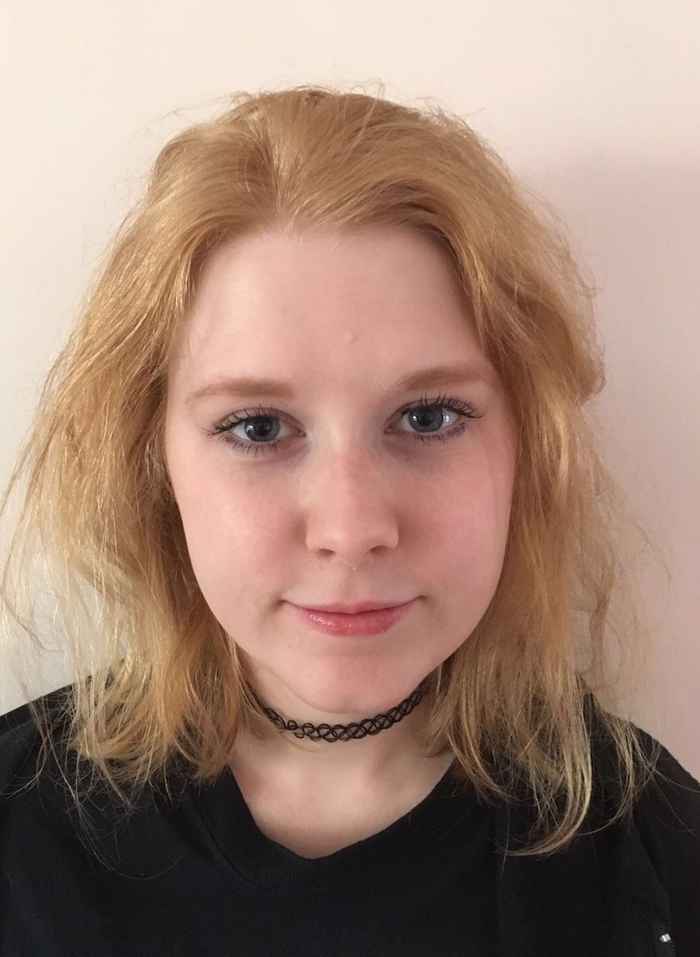Marije Brandsma
Marije Brandsma is a first-year Bachelor student at the University of Amsterdam. After trying Psychology and Dutch Language and Culture, she started the new and interdisciplinary Bachelor Cognition, Language and Communication. In this interview, she talks about her experience doing an interdisciplinary degree.
